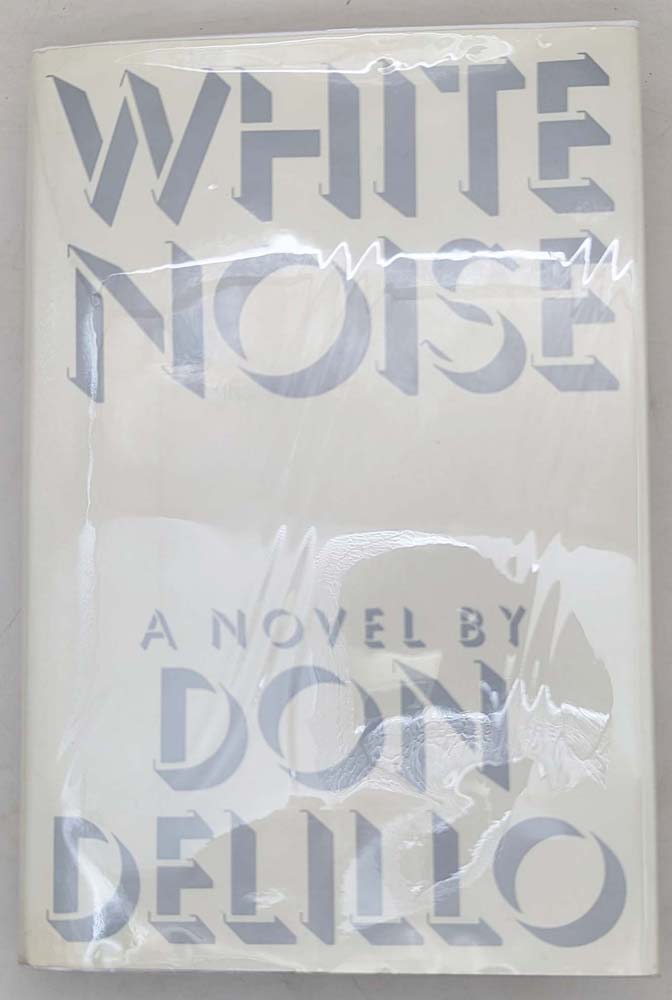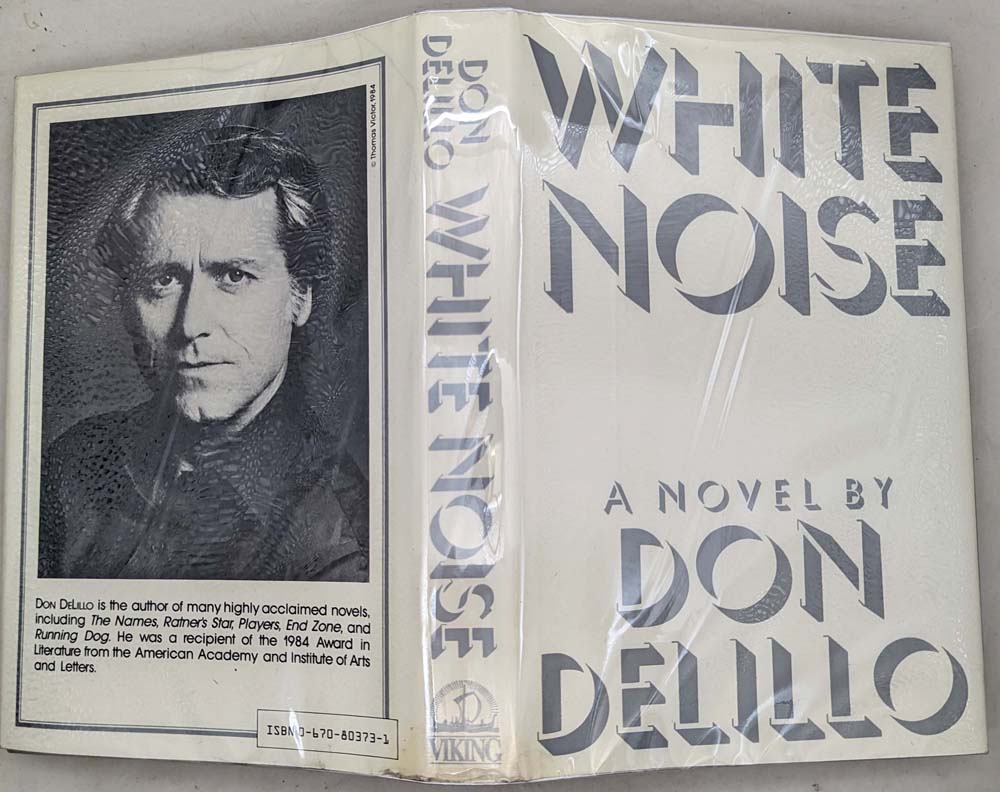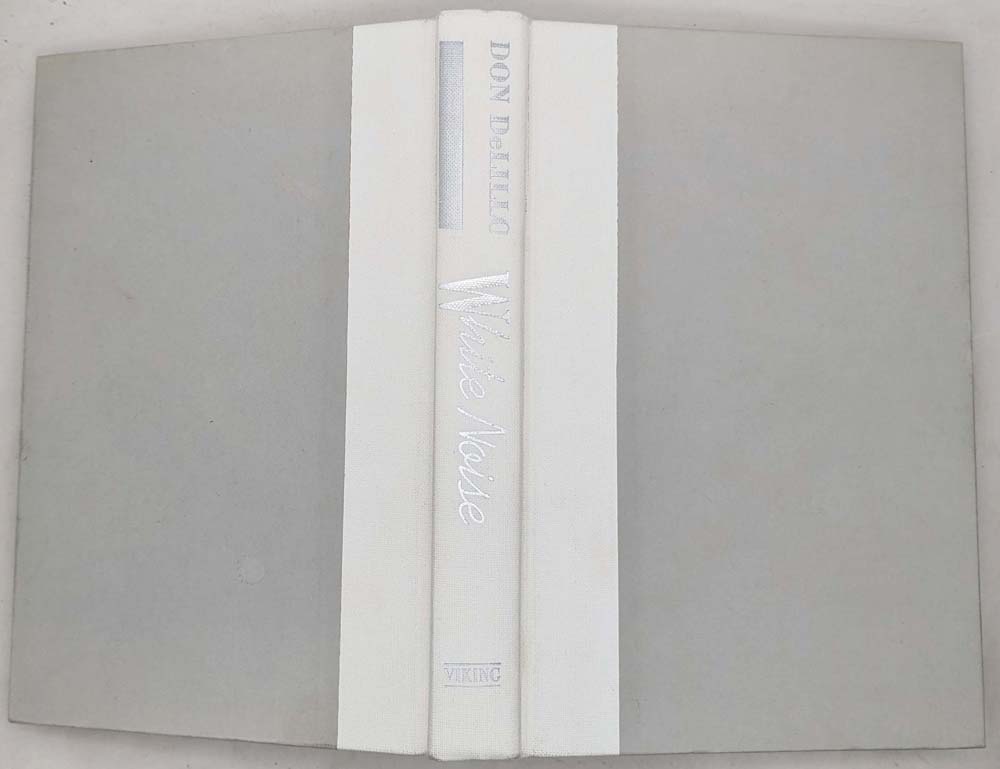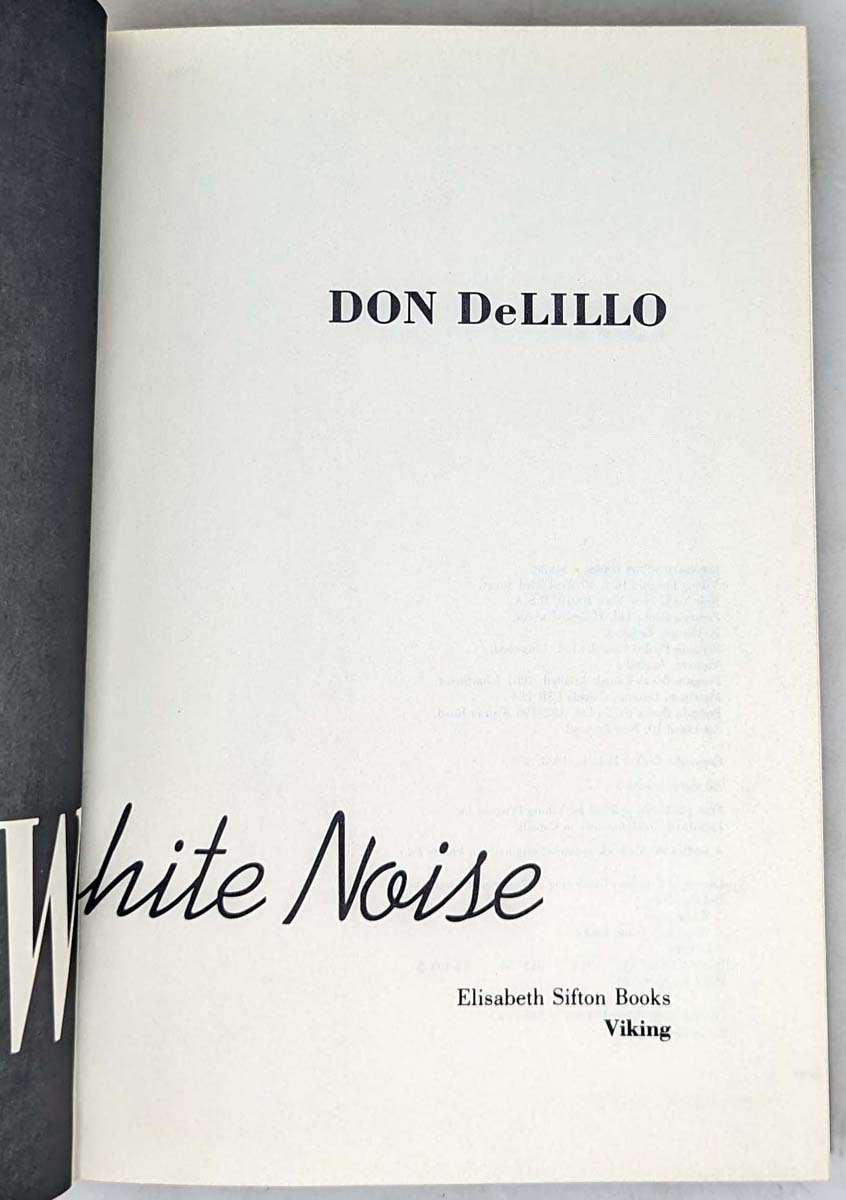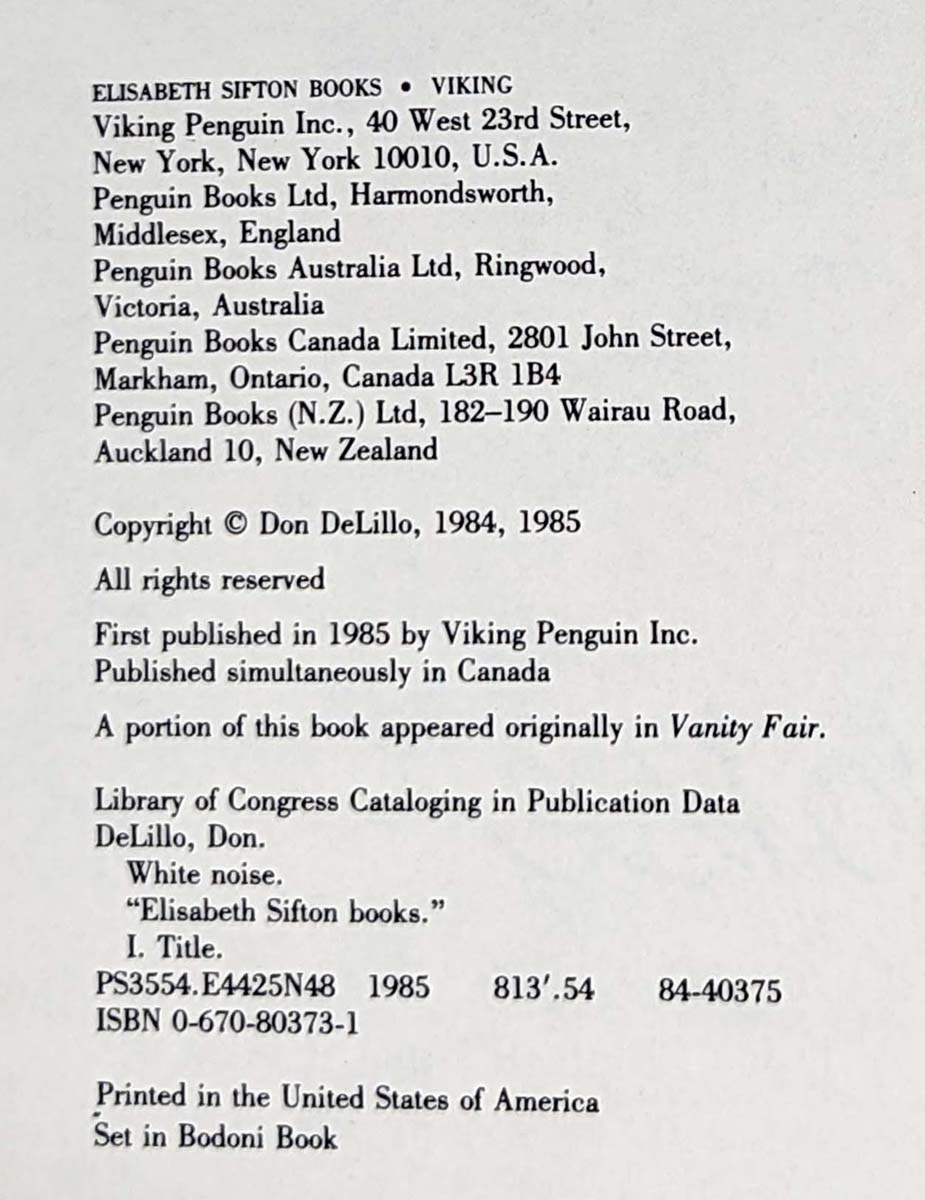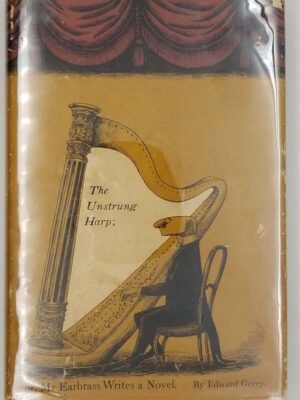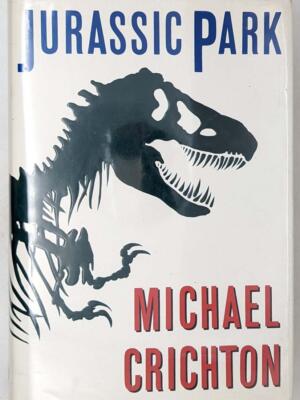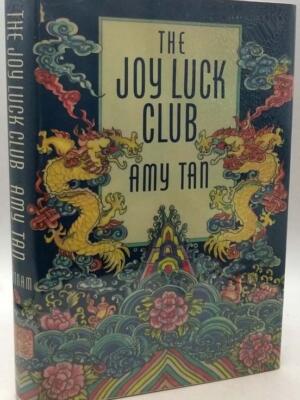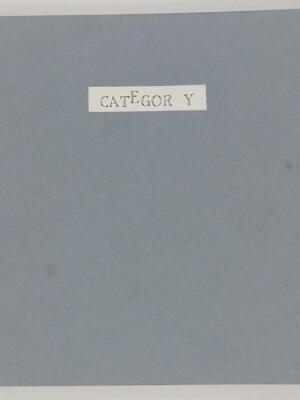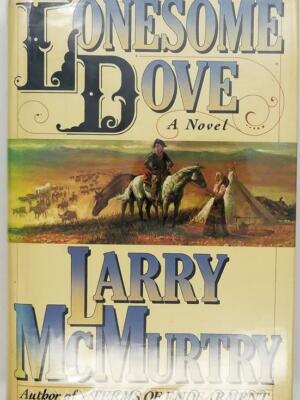White Noise (1985) is a seminal postmodern novel by Don DeLillo, winner of the National Book Award and a defining critique of American consumer culture, media saturation, and existential dread in the 1980s. The story follows Jack Gladney, a professor of “Hitler Studies” at a small liberal arts college, as he navigates suburban absurdity with his wife Babette and their “blended” family of precocious children.
The novel’s central event—an “airborne toxic event” (a chemical spill)—exposes the characters’ deep-seated fear of death, commodified spirituality (e.g., the cult-like supermarket “The Most Photographed Barn in America”), and the numbing effects of media bombardment. DeLillo’s razor-sharp dialogue and hyperreal vignettes (a academic conference on Elvis, a drug promising to erase fear of dying) dissect modern alienation with dark humor.
For similar reads, try Underworld (1997) for DeLillo’s epic take on Cold War paranoia, or Infinite Jest (1996) by David Foster Wallace for another meditation on entertainment and addiction.
